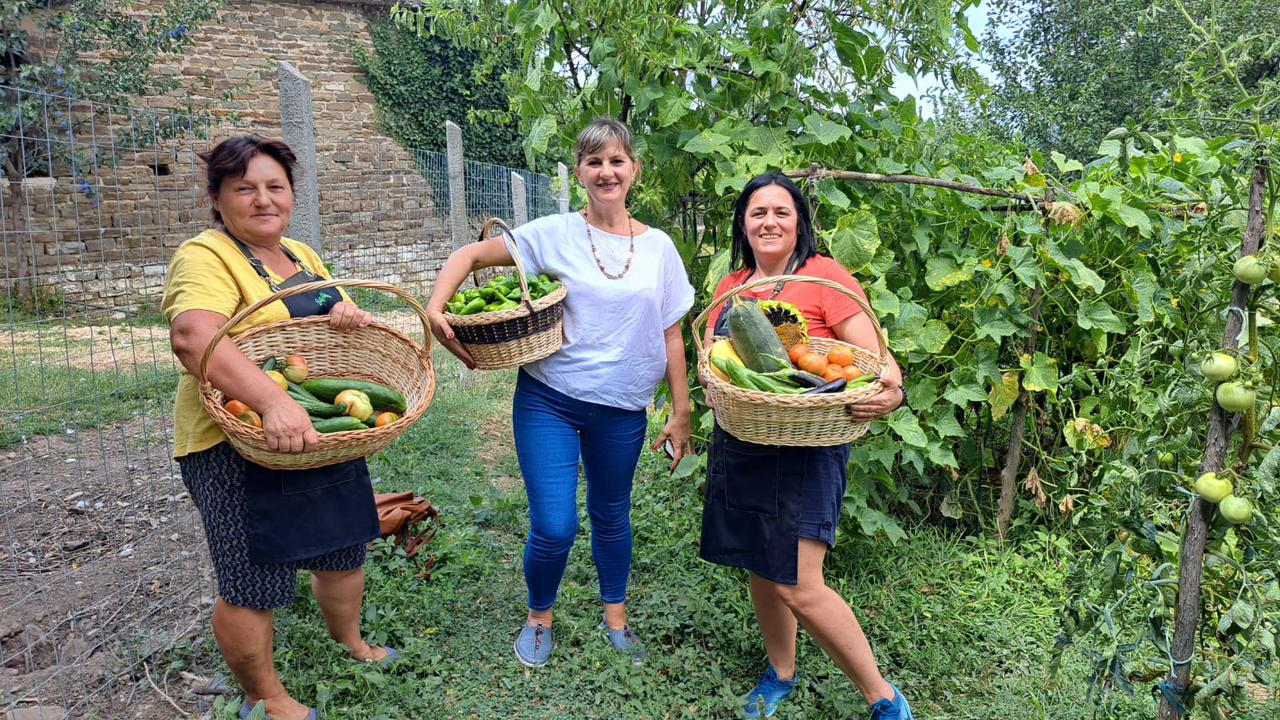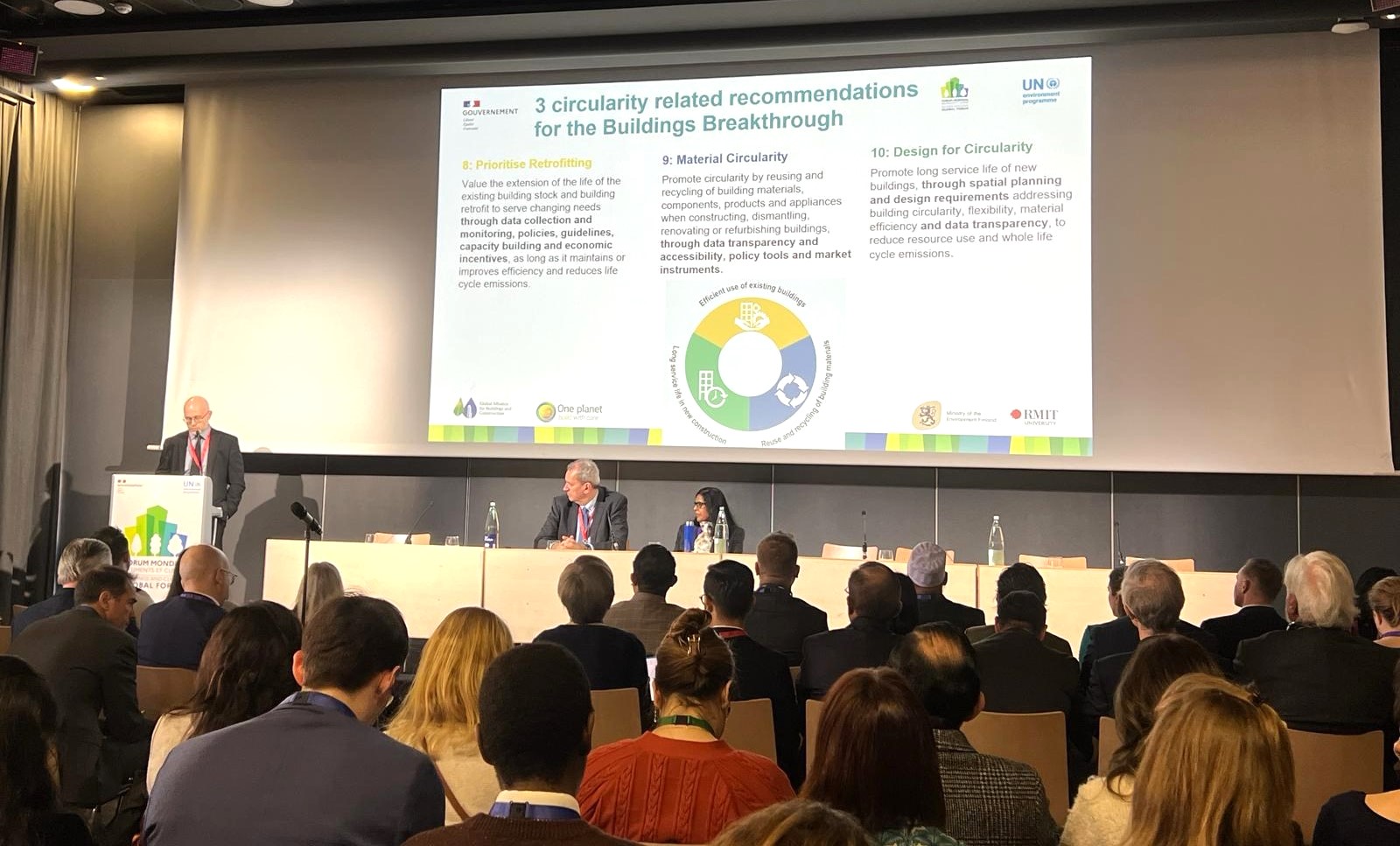IFAD - Livestock and Market Development Programme II (LMDP II)
The second phase of the IFAD-financed
Livestock and Market Development Programme
(LMDP II) will boost economic growth in pasture
communities by improving climate resilience
and livestock productivity. The programme
will focus on three regions in the south of the
country: Batken, Jalal-Abad and Osh.
Improve livestock productivity and enhance climate resilience of pasture communities to increase incomes and equitable returns to livestock farmers.
The second phase of the IFAD-financed Livestock and Market Development Programme (LMDP II) will boost economic growth in pasture communities by improving climate resilience and livestock productivity. The programme will focus on three regions in the south of the country: Batken, Jalal-Abad and Osh. These regions have a combined area of around 80,000 square kilometres and are home to 51 per cent of Kyrgyzstan's cattle population and 47 per cent of the sheep and goat population – yet they include some of the areas most vulnerable to climate-related hazards. The LMDP II will support livestock producer households, including households headed by women and those classified as vulnerable to climate shocks. Community veterinarians, who play an important role in maintaining livestock health in rural communities, will also be key stakeholders under the programme. Programme activities will focus on three main components: Community-based pasture management and vulnerability reduction: This component will support pasture users' unions and pasture committees to develop and implement community-based pasture management plans that integrate climate change and disaster risk management concerns, including animal health issues. Investment support will be provided to communities to improve the resilience and productivity of pastures, and enhance their use and access. Special efforts will be made to encourage women to voice their priorities openly. Livestock health and production services: Effective private veterinary services will be established to ensure that community vets are able to respond to demand from communities. This will be done through establishing and training community-level animal health subcommittees of pasture committees and building the capacity of community vets. The programme will also strengthen the institutional framework for developing animal health in Kyrgyzstan. It will provide facilities, courses and scholarship incentives to motivate young veterinary students to work with communities in the programme areas. Diversification and market/value addition initiatives: The programme will nurture new enterprises through which the most vulnerable segments of rural society – mainly women – can become service providers for the community. For example, women's processing groups as well as milk collection and cooling centres will be established. The programme will also support vulnerable groups to diversify their income sources, which helps them buffer income losses related to climate-related events. Expected Results: The LMDP II will improve livestock productivity and enhance climate resilience of pasture communities. This will be reflected in improved and equitable returns to livestock farmers. The programme will achieve the following impacts through its components: More productive and resilient pastures and increased supplementary feed available to community livestock: –– 20 per cent reduction in livestock mortality caused by disasters –– 90 approved pasture management and animal health plans in the programme area that effectively integrate climate risk mitigation and adaptation measures –– 48,000 women and men (30 per cent of target population) have access to climate-resilient and environmentally sound infrastructure (water, shelter, storage, roads connecting pastures) –– 17,000 hectares of pasture rehabilitated through ecosystem restoration approaches. Healthier livestock with lower mortality levels: –– 315 pasture users' unions benefit from a functional early warning system for extreme climate events –– 80 per cent of livestock farming households experience reduced animal mortality –– 380 community vets trained; 120 new vets entering veterinary practice; 60 community vets upgrading their skills; 190 animal health subcommittees formed and trained. I ncreased revenue from additional incomegenerating activities for households and communities vulnerable to climate change: –– household revenue increases at least 20 per cent from additional incomegenerating activities –– 10 milk collection/cooling centres established and 15 women's processing groups operating in the programme area –– 25 additional economic activities groups established, at least 40 per cent of which are led by women –– 25 grants to new enterprises for economic diversification, with at least 40 per cent of grants to women's groups. Frits Jepsen Country Programme Manager IFAD Via Paolo di Dono, 44 Rome, Italy Tel: 39 06 5459 2675 f.jepsen@ifad.org Rami Abu Salman Regional Climate and Environment Specialist (NEN) IFAD Via Paolo di Dono, 44 Rome, Italy Tel: 39 06 5459 2291 r.salman@ifad.org
Image

Project start date
01/01/2015
Project end date
31/12/2020

